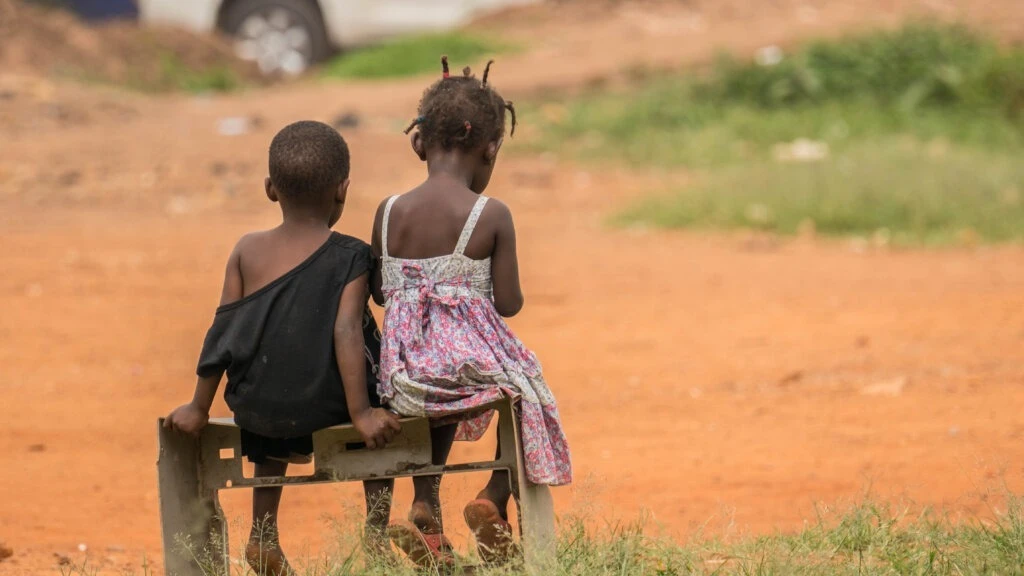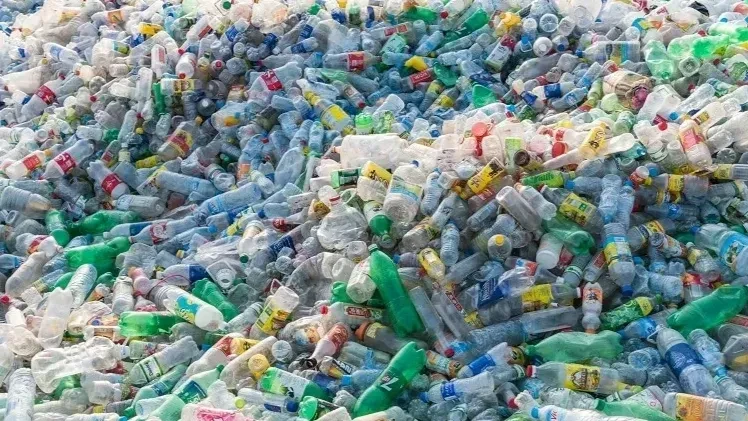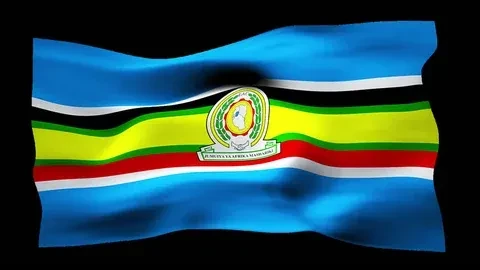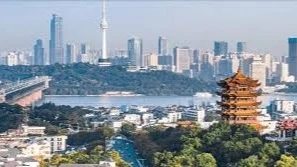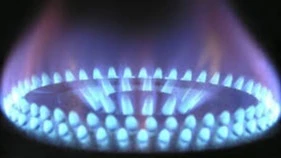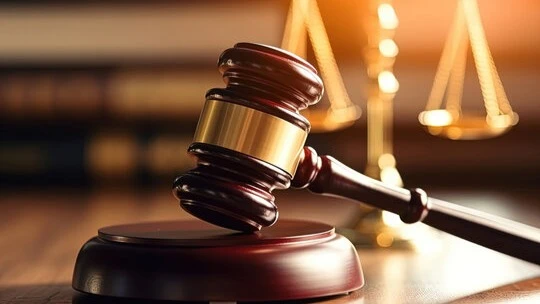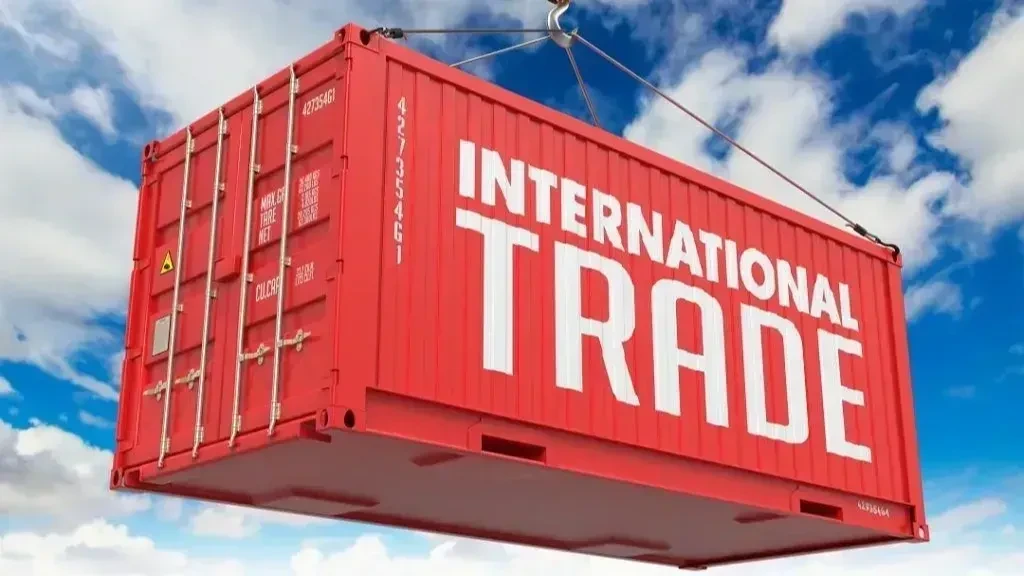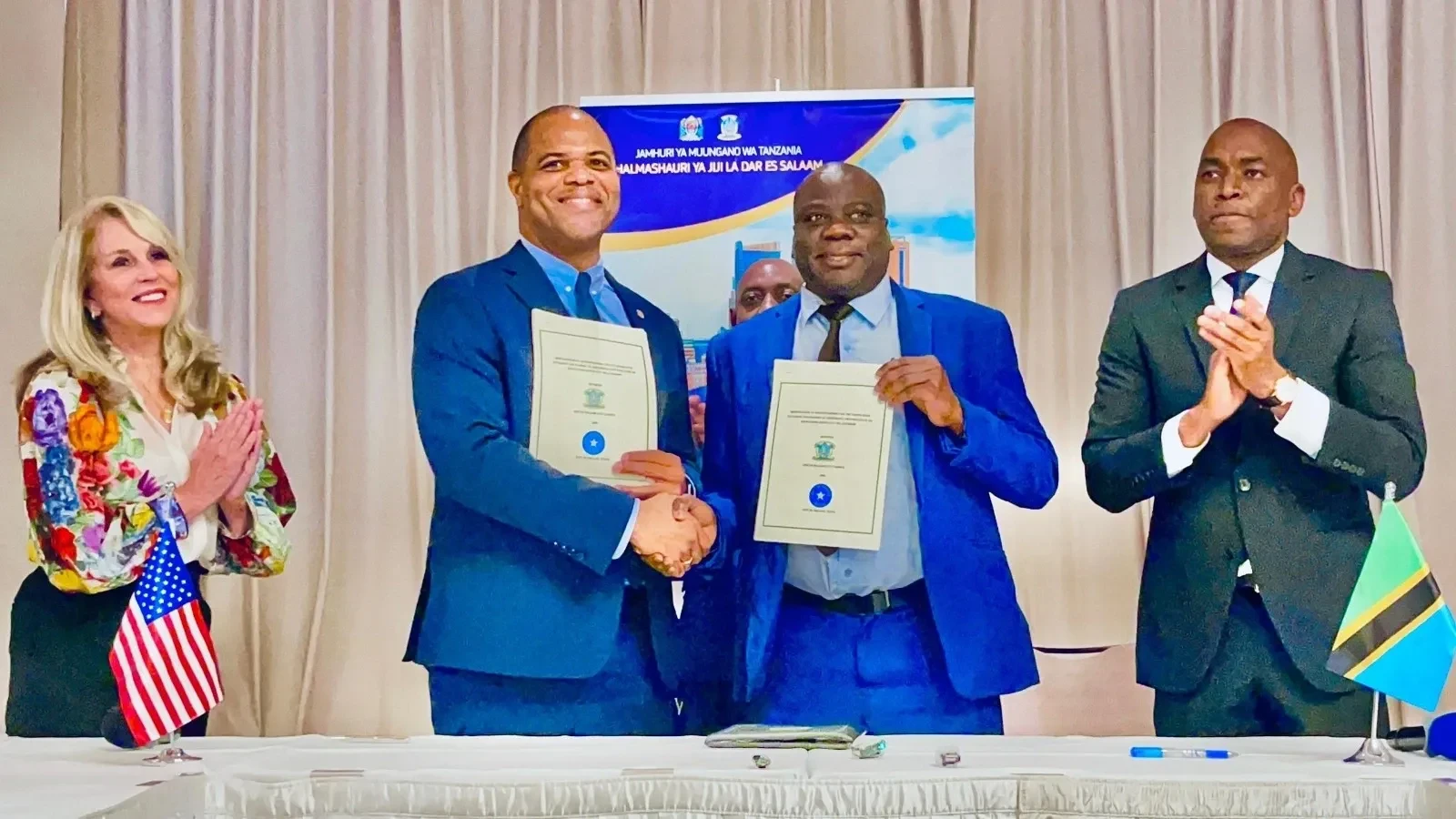Variation in themes of presumptive candidates broadens policy dialogue
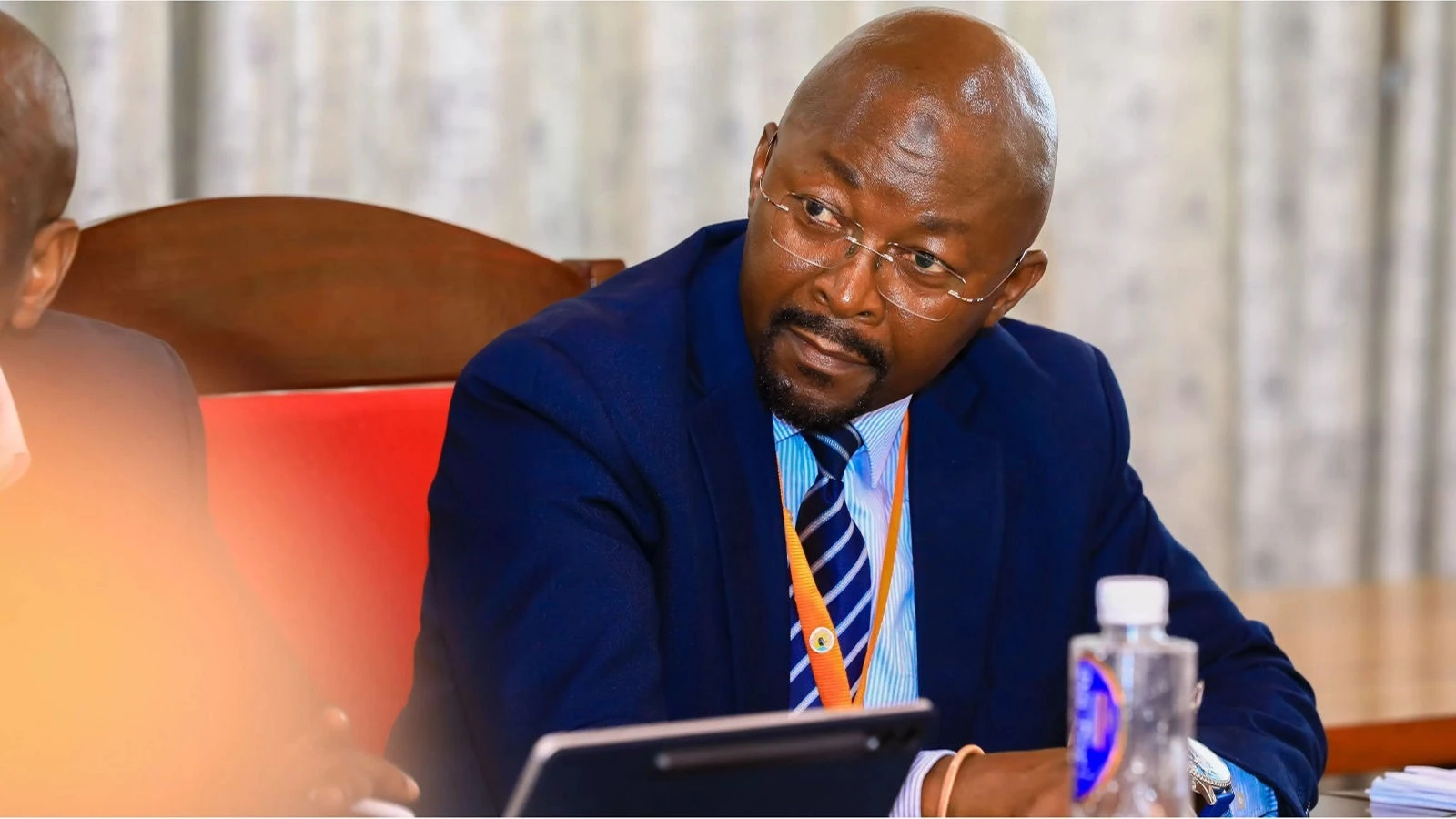
THE Independent National Electoral Commission (INEC) has said that nine presidential candidates from various political parties have collected nomination forms, with more expected by the set deadline.
It remains to be seen whether the other eligible parties apart from the one already proscribed – the opposition Chadema – will indeed follow suit. However, there is an impression that what appeared to have failed is in fact ticking in the sense that there is a significant level of interest, in some cases close to enthusiasm, whether or not the trust is mitigated.
When a political party picks up forms for the presidential contest, the end result isn’t necessarily at issue while the possibility of growing the fortunes of that party through the polls is.
This implies that, with such a move, the public will get a better understanding of what a particular party stands for and even pick a number of its parliamentary and ward council seat contenders.
It also implies that the presidential vote result is more or less beyond doubt, while the profile of the next legislature as well as the ward councils is anxiously awaited, especially as there is a genuine possibility that votes will be duly counted.
Without going over the list of relatively unknown presidential contenders, it suffices to pick some of the themes raised and how they can excite public imagination to look at things – that is, the state of development achievements.
For instance, one party says that it is spearheading a ‘yellow revolution’, by which is meant technological innovation and economic transformation driven by artificial intelligence (AI).
While knotty debate on how to make AI useful for a breadth of the public and especially the youth, engagement on this issue as a parameter of the country’s future is doubtless vital.
Youths are more inclined to start something new as they aren’t as yet resigned to life as it is or profoundly made up in their sentiments to care.
Another candidate has promised to enhance national security, governance and youth employment, with an emphasis on vocational education. That is quite close to the ruling party platform and, in this sense, a booster of that platform to doubters.
Yet an opposition campaigner could explore the same theme in a different manner, opening up the minds or reshaping the feelings of those intensely attracted to those themes.
This would apply as they seek to build a strong economy meant, among other things, to help provide opportunities for youth employment through vocational education. It is an open issue as to what it takes to amplify such opportunities and what some people think can be done.
There could be greater interest among sections of the public for another candidate having pledged reforms to reduce unnecessary expenses, improve public services as well as boost infrastructure and employment.
All too often what is considered unnecessary encompasses what many in the upper reaches of the public service wish for and, to a considerable extent, those provisions animate political life as well given that competition for positions usually pulls the public closer to the polls.
Therefore, it is not easy matter going about improving public expenditure in a consensual manner as each side to the contentious issues has a breadth of stakeholders. Looking at the issue objectively, it is President Samia Suluhu Hassan’s 4Rs (Reconciliation, Resilience, Reform and Rebuild) philosophy which holds real promise for national consensus after the polls, meanwhile as three months of campaign debate on the topics could help to amply clarify on the issues.
Top Headlines
© 2025 IPPMEDIA.COM. ALL RIGHTS RESERVED







